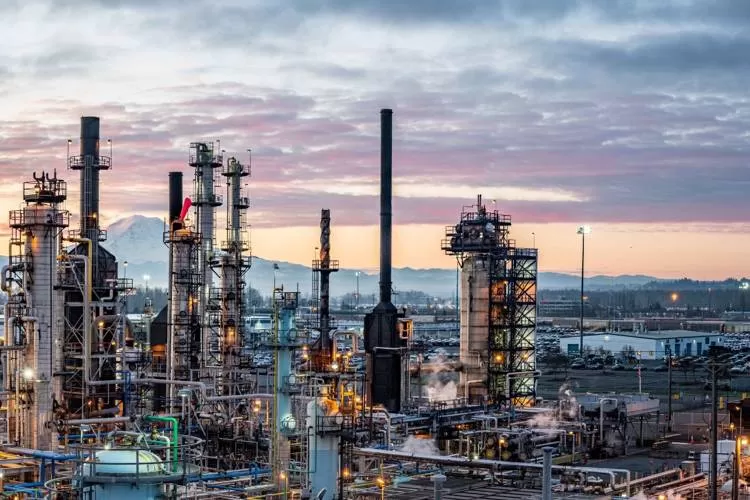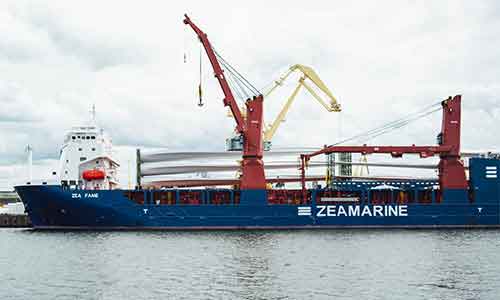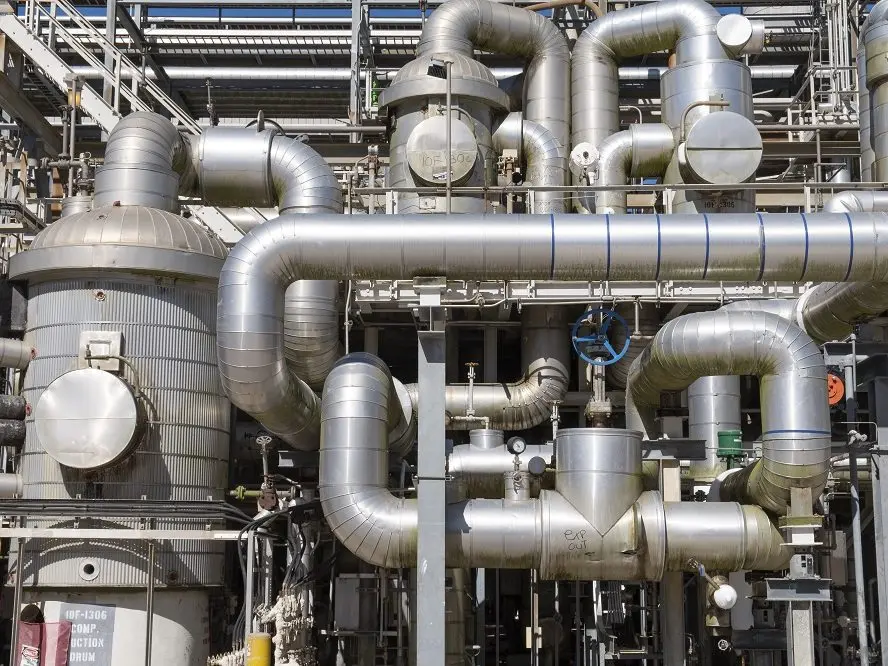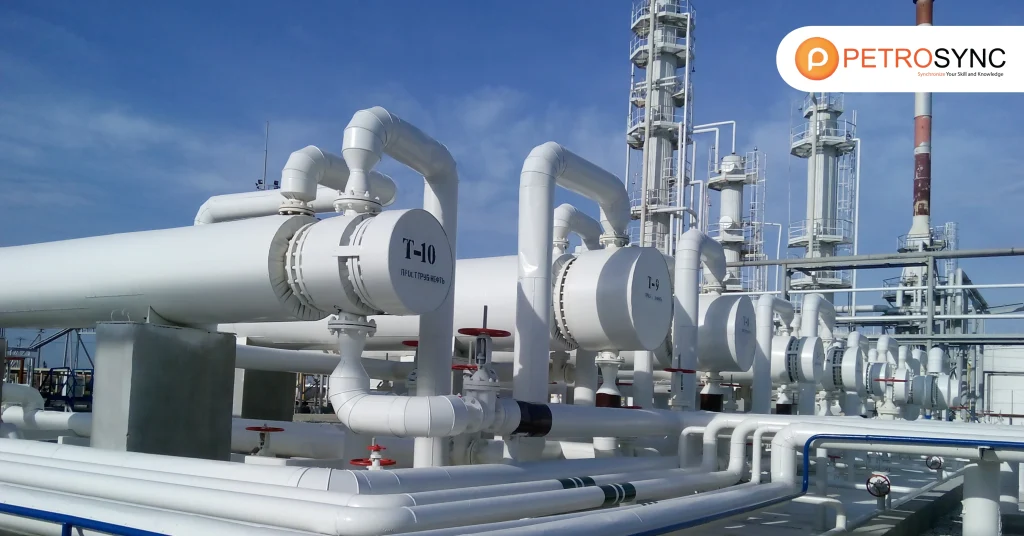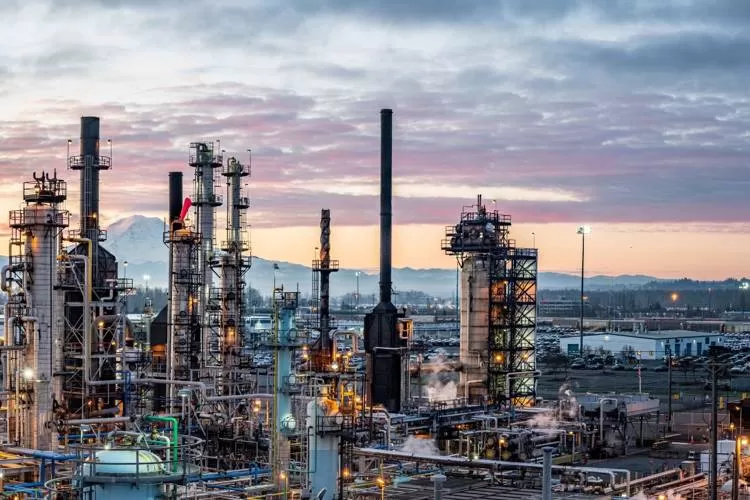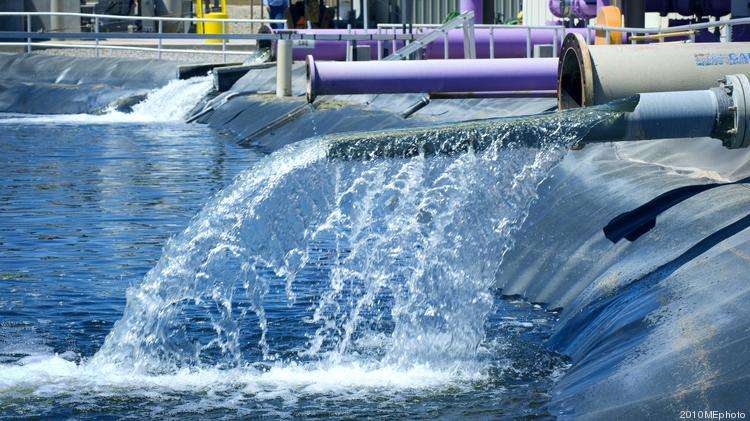Introduction to High Efficiency Heat Transfer Equipment
When it comes to improving energy management in industrial and commercial settings, high efficiency heat transfer equipment is essential. Such equipment is pivotal in optimizing thermal dynamics by facilitating efficient heat exchange processes. This article explores the multifaceted benefits and applications of these advanced systems, highlighting their efficiency and adaptability in various scenarios.
Benefits of Customizable Heat Transfer Solutions
Incorporating customizable heat transfer solutions into industrial systems can dramatically boost performance. The ability to tailor specifications ensures the equipment seamlessly integrates with existing systems while enhancing heat transfer capabilities. Custom heat exchangers come with special design elements that increase their heat exchange surface area, thereby enhancing overall efficiency. This customization is not only crucial for maintaining stable operational temperatures but also plays a significant role in reducing energy consumption, aligning with sustainable industrial practices.
Exploring Advanced Heat Exchanger Products
Modern heat exchanger products, especially those featuring fin-type designs, exemplify engineering excellence with their superior performance capabilities. The fin structure is engineered to substantially increase heat exchange effectiveness, ensuring optimal thermal management. Applications of these multi-specification heat transfer equipment vary widely, from HVAC systems in commercial spaces to industrial cooling processes. By offering efficient thermal management, heat exchangers help maintain operational consistency, ensuring equipment reliability and promoting energy efficiency across different sectors.
Efficient Industrial Heat Transfer Systems
Efficient industrial heat transfer systems are indispensable in critical environmental temperature control and production environments. These systems are essential for industries that require precise temperature moderation, ensuring operations run smoothly without interruptions. By integrating versatile heat transfer equipment tailored for specific industrial needs, businesses can enhance productivity while minimizing operational costs. With the focus on durability and efficiency, custom heat exchangers provide essential support in maintaining the optimal conditions necessary for peak operational performance.
Conclusion: The Future of Thermal Management
As industries continue to evolve, the demand for advanced heat transfer equipment will grow, calling for innovations that focus on sustainability, adaptability, and efficiency. The fin-type heat exchangers represent the future of thermal management, offering solutions that are both effective and environmentally friendly. Embracing these customizable and efficient systems will ensure that industrial operations not only meet current environmental standards but thrive in forward-thinking energy management paradigms.

